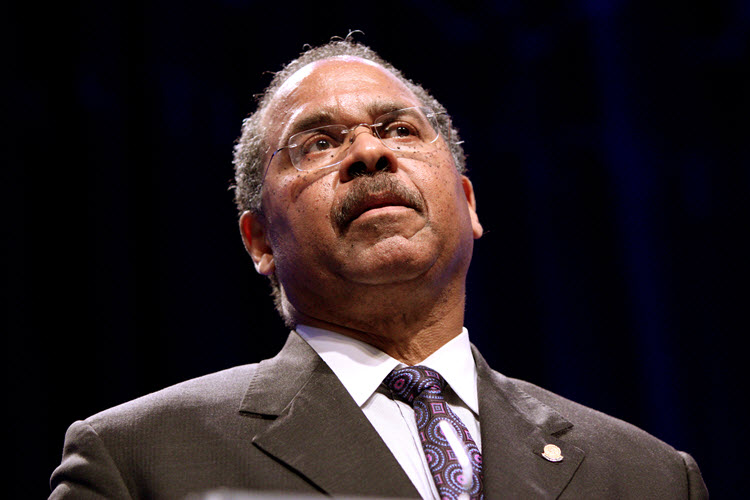
Ken Blackwell, a former U.S. Ambassador to the United Nations Human Rights Commission, wrote an article for American Thinker in which he presents his thoughts regarding the run-up to the U.S. elections and the 9th July event in Paris.
He said that the two main parties in the election have obvious differences and “the vast majority of their constituents all found it very difficult to identify common ground on anything in this political climate”. However, he pointed out that one thing is certain – the desire of all parties to confront the threat of Islamic extremism.
Blackwell claims that the “well-publicized discord over issues like the growth of the Islamic State, the response to home-grown terrorism, and attempts to stabilize the Middle East” are proof that both parties are working towards finding a solution.
Even though the republicans and democrats have differing stances, Blackwell says that they “absolutely can find common ground on this area of policy” and some even have. He gives the example of the Republican and Democratic policymakers who will participate in the 9th July rally in Paris.
This major event will see both sides standing side-by-side to fight against Islamic terrorism. Blackwell explains that the National Council of Resistance of Iran (NCRI), the democratic Iranian opposition, organised the event which will include a bipartisan American delegation as well as delegations from the EU and various other parts of the world.
Blackwell believes that the fight against Islamic terrorism and extremism is a global issue – it cannot be done by one single political party or by one nation alone. He claims: “Success will depend strongly upon the principle of coalition building.” He says that the next president of the U.S. “will need help from both inside and outside his or her own administration to do all that will be necessary to undermine fundamentalism – like standing up to the egregious conduct of the Iranian regime, fighting the Islamic State, facilitating the removal of embattled regional dictators like Bashar al-Assad, and making sure that the peoples of that region have strong, recognizable alternatives to the extremist groups currently vying for dominance”.
Blackwell also says that the Republican and Democratic parties could “learn a thing or two from the NCRI’s rally”, mentioning in particular their leader, Mrs. Maryam Rajavi. He describes her as “a devout and profoundly anti-fundamentalist Muslim woman leader” with “a clear understanding of Islamic extremism”. He adds that she has “maintained that moderate democratic Islam is the antidote to the violent conduct of extremists under the cloak of Islam”.
“Clearly, the NCRI knows a thing or two about bringing people together in common cause. Last year’s rally drew 100,000 people from across the world. Now, as then, the rally will include not just Iranians but also representatives of the moderate Syrian opposition and other anti-Islamist movements.”
Blackwell draws attention to the NCRI’s ten-point plan which includes the establishment of true democracy in the Middle East and the separation of religion and state. It also includes ending institutional misogyny and the “promotion of other principles that hold equally obvious appeal for all Americans, and indeed for all civilized peoples of the world”.







